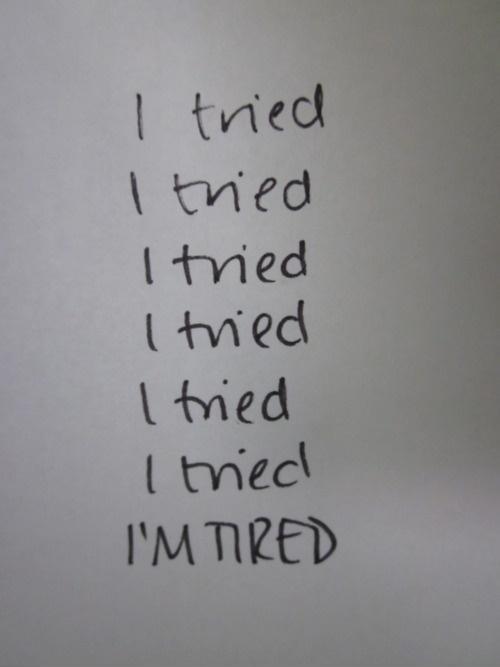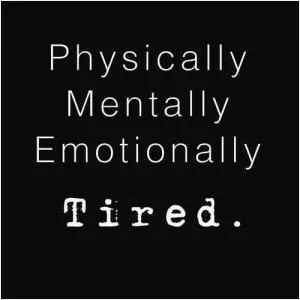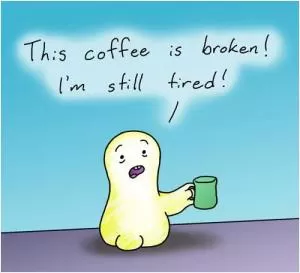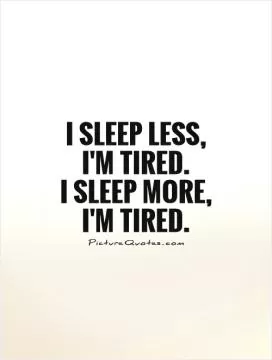I tried. I tried. I tried. I tried. I tried. I tried. I'm tired

I tried. I tried. I tried. I tried. I tried. I tried. I'm tired
"I tried. I tried. I tried. I tried. I tried. I tried. I'm tired." These words resonate with many people who have experienced the feeling of exhaustion that comes from repeatedly putting in effort without seeing the desired results. This sentiment can be applied to various aspects of life, whether it be in relationships, work, personal goals, or any other endeavor that requires perseverance and determination.The phrase "I tried" is often used as a defense mechanism to justify one's actions or lack of success. It is a way of acknowledging the effort that has been put forth, while also expressing frustration or disappointment at the lack of progress. However, when this phrase is repeated over and over again, it can become a reflection of a deeper sense of weariness and defeat.
In the context of "tired words", the repetition of "I tried" can signify a sense of resignation and hopelessness. It is a sign that the speaker has reached a point of exhaustion where they feel like they have given their all and have nothing left to give. This feeling of fatigue can be overwhelming and can lead to a sense of apathy or disengagement.
When someone says "I'm tired" after repeatedly saying "I tried", it is a clear indication that they are in need of rest and rejuvenation. It is a plea for understanding and support, as well as a recognition of their own limitations and the need to take a step back and recharge.
It is important to recognize when we are reaching our limits and to give ourselves permission to take a break. Pushing ourselves beyond our capacity can lead to burnout and can have negative consequences on our mental and physical well-being. By acknowledging our tiredness and seeking ways to replenish our energy, we can avoid falling into a cycle of exhaustion and despair.












 Friendship Quotes
Friendship Quotes Love Quotes
Love Quotes Life Quotes
Life Quotes Funny Quotes
Funny Quotes Motivational Quotes
Motivational Quotes Inspirational Quotes
Inspirational Quotes